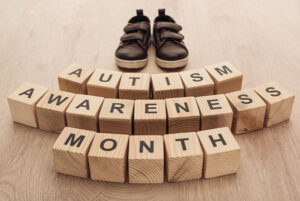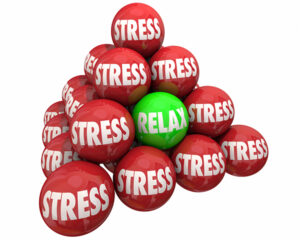
Understanding Stress Awareness Month: Key Insights
What is Stress Awareness Month?
Every April, Stress Awareness Month is observed to highlight the impact of stress on our mental and physical well-being. This annual event, initiated in 1992 by the Health Resource Network (HRN), aims to increase public awareness about stress, its causes, and how to manage it effectively. By participating in Stress Awareness Month, individuals and organizations can promote stress reduction techniques and mental health support.
The Impact of Stress on Health
Stress affects both the mind and body, and prolonged exposure can lead to serious health issues. Chronic stress is linked to a range of conditions, including anxiety, depression, cardiovascular diseases, and weakened immune function. Understanding these impacts underscores the importance of addressing stress proactively. Recognizing the signs of stress, such as headaches, fatigue, and irritability, is the first step toward managing it.
Common Causes of Stress
Identifying the common sources of stress can help in developing effective management strategies. Frequent stressors include work-related pressures, financial difficulties, relationship issues, and major life changes. Daily hassles such as traffic jams and household chores can also contribute to overall stress levels. By acknowledging these triggers, individuals can take steps to minimize their impact.
Effective Stress Management Techniques
Managing stress involves a combination of techniques tailored to individual needs. Some effective methods include:
- Exercise: Physical activity helps reduce stress hormones and stimulates the production of endorphins, the body’s natural mood elevators.
- Mindfulness and Meditation: Practices such as mindfulness and meditation can help calm the mind and reduce stress by promoting relaxation.
- Healthy Eating: A balanced diet can improve mood and energy levels, helping to combat stress.
- Adequate Sleep: Ensuring sufficient sleep is crucial for stress management, as lack of sleep can exacerbate stress.
- Time Management: Prioritizing tasks and setting realistic goals can reduce feeling overwhelmed.
The Role of Professional Help
Sometimes, managing stress requires professional assistance. Mental health professionals such as psychologists and counselors can provide support through various therapies, including cognitive-behavioral therapy (CBT) and stress management counseling. Seeking help is a sign of strength, and professional guidance can offer valuable tools for coping with stress.
Stress in the Workplace
Workplace stress is a significant concern, affecting productivity and employee well-being. Employers can play a vital role in stress reduction by creating a supportive work environment. Promoting work-life balance, providing mental health resources, and encouraging open communication can help mitigate workplace stress. Employees should also be encouraged to take regular breaks and utilize available support systems.
Community Support and Resources
During Stress Awareness Month, numerous resources and events support stress management. Community workshops, online seminars, and support groups offer valuable information and strategies for dealing with stress. Participating in these activities can provide a sense of community and shared experience, making stress management more approachable.
Personal Stories and Testimonials
Sharing personal stories and testimonials can be powerful tools in stress awareness. Hearing about others’ stress experiences and coping strategies can provide comfort and inspiration. These stories remind us that we are not alone in our struggles and that effective management is possible.
Raising Awareness Through Social Media
Social media is a powerful platform for raising awareness about stress. Individuals and organizations can reach a broad audience by sharing informative articles, personal experiences, and stress management tips. Hashtags such as #StressAwarenessMonth and #ManageStress can help spread the message and encourage collective efforts towards stress reduction.
Conclusion: Taking Action for Better Mental Health
Stress Awareness Month serves as a crucial reminder of the importance of mental health. By understanding the impacts of stress, identifying triggers, and implementing effective management techniques, we can improve our overall well-being. Whether through personal practice or community involvement, taking steps to manage stress can lead to a healthier, more balanced life.














